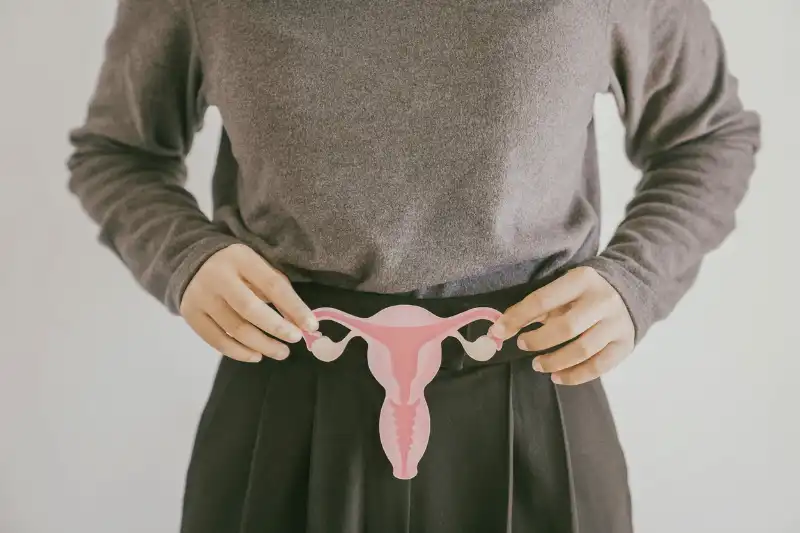What Is Recurrent Pregnancy Loss?
It not unusual for an otherwise healthy woman to experience one or more miscarriages. Many women who lose a baby in the first few weeks after conception may not have been aware they were pregnant. Recurrent pregnancy loss is defined as three or more clinical pregnancy losses, which means they were detected through a medical test such as ultrasound rather than a home test. Losses don’t have to have happened consecutively to be considered recurrent.
There is still plenty of hope for women who have suffered recurrent losses. A woman who has experienced two miscarriages still has an 80% chance for a successful pregnancy. After three losses, there is a 70% chance, and after four losses, the chances are still greater than half, at 60%.
Causes and Treatments For Recurrent Pregnancy Loss
In most cases, the exact reason for recurrent pregnancy loss can’t be determined. Some of the most likely causes are:
Chromosomal abnormalities. They might be newly occurring abnormalities in the fetus such as such as trisomy 16, or genetic conditions passed down from one or both parents that prevent a baby from growing in the womb. Both parents should be tested for irregularities, and in vitro fertilization may be recommended as treatment so the embryo can be tested before implantation. Chromosomal abnormalities are more common in women over age 35, and the risk increases with maternal age.
Blood clotting abnormalities. Simple blood tests can detect potential problems with a patient’s antibodies and anticoagulants. Clotting can be prevented by taking baby aspirin and blood thinners throughout pregnancy.
Hormonal abnormalities. Women should be tested for thyroid problems, diabetes, and elevated levels (or deficiencies) of certain hormones. Addressing underlying hormonal imbalances can help ensure that a future pregnancy is successful.
Uterine anomalies. Certain abnormalities of the uterus, such as a uterine septum, can increase the risk for first trimester miscarriages. Uterine fibroids or endometrial polyps can also cause pregnancy loss. All of these conditions can be diagnosed with a saline ultrasound performed in our office, and they can be corrected during simple, outpatient surgery.






